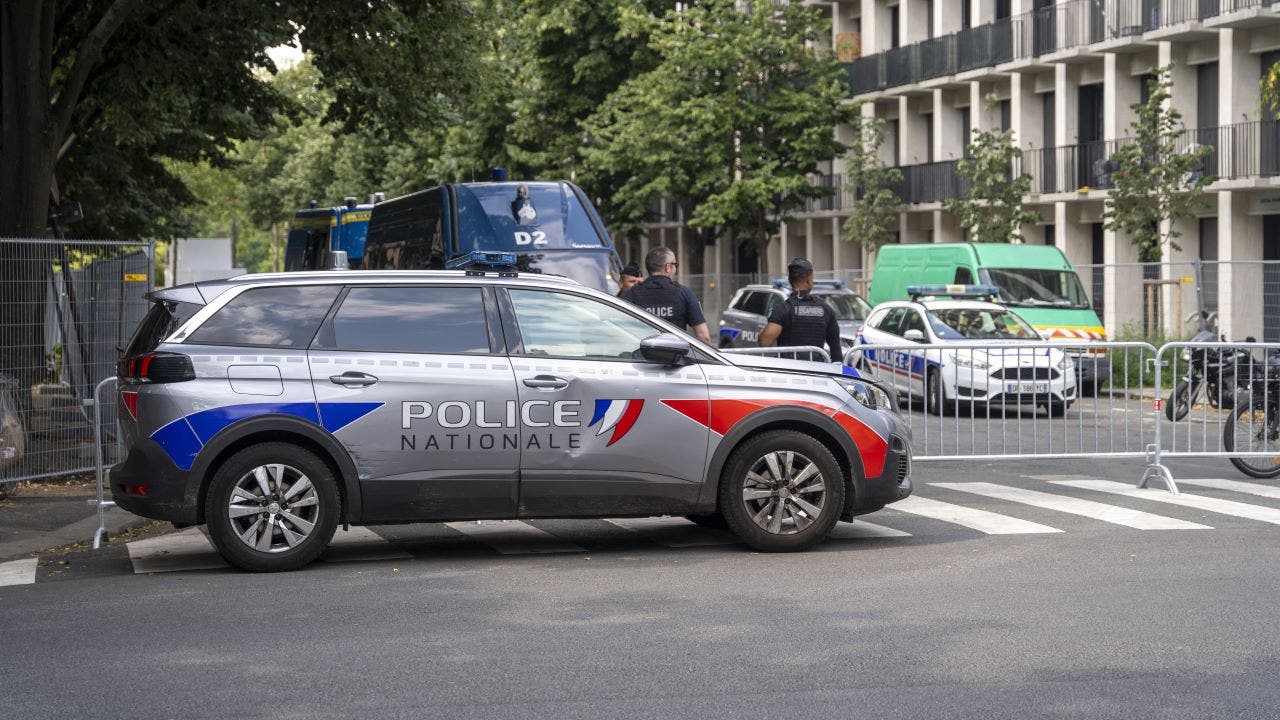The newly published report covering 2024, highlights the devastating impact on civilians, particularly Indigenous Peoples, Afro-descendant communities, and peasants.
The report details how these armed groups use violence to exert control over the population, furthering their own economic interests and undermining governance.
Catatumbo region
The escalation of fighting in the Catatumbo region since mid-January, which resulted in over 52 deaths and the forced displacement of tens of thousands, underscores the severe suffering of civilians caught in the conflict.
UN High Commissioner for Human Rights, Volker Türk, emphasised the need for the Colombian Government to prioritise the protection of its population in negotiations with non-State armed groups.
“Ensuring the State is present throughout Colombia and has unrestricted access to areas where these groups operate is essential to guarantee everyone’s rights.
“This includes preventing the recruitment of children under the age of 18 and securing the immediate release of those already under the control of armed groups,” Mr. Türk stated.
Child recruits
The report reveals that 216 children were recruited by non-State armed groups in 2024, many of them from Indigenous communities.
Mr Türk urged the authorities to take immediate measures to protect these vulnerable populations, particularly those at extreme risk due to the ongoing internal armed conflicts.
In addition to the recruitment of children, OHCHR verified that 252 people were killed in 72 massacres last year.
A further 89 human rights defenders were also killed during this period. The UN rights chief welcomed the resumption of dialogue between the State and civil society on the protection of human rights defenders but stressed that more needs to be done to ensure their safety, especially for those defending the environment.
The report also calls for the prompt implementation of the Escazú Agreement, a regional environmental and human rights treaty ratified by Colombia last year.
Environmental protections
Mr. Türk highlighted the importance of this agreement in protecting both the environment and those who defend it.
To accelerate the implementation of the Security Council and UN-backed 2016 Peace Agreement which ended decades of insurgency against the Government by FARC rebels, the report urges the Colombian authorities to prioritise the protection of civilians and strengthen governance in various regions.
It also emphasises the need for coordinated efforts in implementing the Government’s security, total peace, and dismantling policies.
Some progress
Despite the challenges, the report acknowledges progress in several areas, including comprehensive rural reform and the work of the Special Jurisdiction for Peace – the transitional justice tribunal established by the Peace Agreement.
Recent decisions to indict former commanders of the FARC-EP guerrilla and former high-ranking military officials with crimes against humanity and war crimes are seen as fundamental steps in the fight against impunity and in fulfilling the rights of victims to truth and justice.
The report also welcomes ongoing reforms of the security sector, including the police and intelligence services, aimed at strengthening respect for human rights, transparency, and accountability.
The willingness of these institutions to continue cooperating with the UN Human Rights Office is seen as a positive development.
The report is scheduled to be presented to the Human Rights Council on 3 March 2025.





